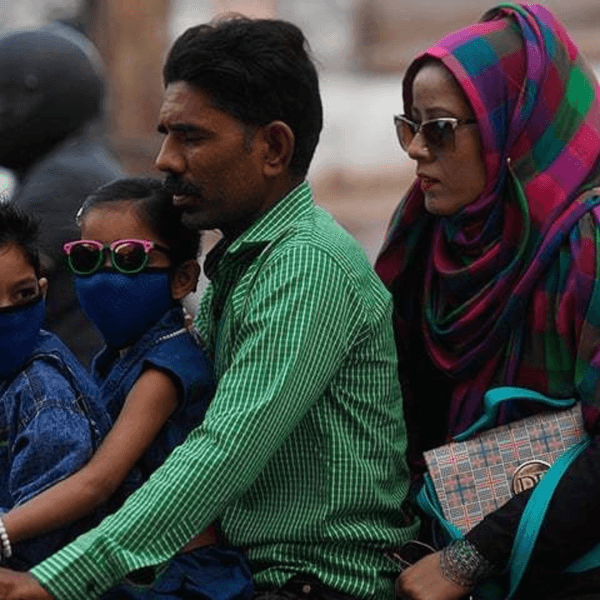Pakistan proposes stricter cybercrime laws to tackle 'fake news'
Law proposes Digital Rights Protection Authority (DRPA) to monitor, remove harmful content, and act against offenders

Javed Hussain
Correspondent
I have almost 20 years of experience in print, radio, and TV media. I started my career with "Daily Jang" after which I got the opportunity to work in FM 103, Radio Pakistan, News One, Ab Tak News, Dawn News TV, Dunya News, 92 News and regional channels Rohi TV, Apna Channel and Sach TV where I worked and gained experience in different areas of all three mediums. My journey from reporting to news anchor in these organisations was excellent. Now, I am working as a correspondent with Nukta in Islamabad, where I get the opportunity of in-depth journalism and storytelling while I am now covering parliamentary affairs, politics, and technology.

Under the new law, individuals found guilty of spreading fake news could face imprisonment of up to five years, a fine of PKR 1 million, or both.
Shutterstock
Proposed amendments introduce five-year jail terms and PKR 1M fines for spreading fake news
Expanded illegal content categories include blasphemy, defamation, fake news, and incitement to violence
DRPA empowered to block content, investigate complaints, and enforce compliance with social media rules
Pakistan’s federal government has drafted significant amendments to the Pakistan Electronic Crimes Act (PECA) 2016, aiming to expand the law’s scope and introduce harsher penalties for spreading fake news.
The move comes amid growing concerns over misinformation and harmful online content.
Sources from the Ministry of Information Technology and Telecommunication confirmed that an initial draft of the PECA (Amendment) Act 2024 has been prepared. The proposed changes include the establishment of a Digital Rights Protection Authority (DRPA), tasked with monitoring online content, removing prohibited material, and taking action against offenders.
Tougher penalties proposed
Under the new law, individuals found guilty of spreading fake news could face imprisonment of up to five years, a fine of PKR 1 million, or both.
Content inciting violence, communal hatred, or threatening individuals and institutions, including law enforcement agencies, will be targeted for removal.
The DRPA will replace the Pakistan Telecommunication Authority (PTA) in overseeing digital content. It will hold extensive powers to investigate complaints, regulate social media platforms, and block or restrict access to unlawful material.
Broader definition of illegal content
The proposed amendments significantly expand the definition of illegal online content. At least 16 new categories are listed, including:
- Blasphemous content
- Incitement to violence or communal hatred
- Obscene material
- Copyright violations
- Defamatory or accusatory posts against constitutional institutions, judiciary, or armed forces
- Fake or misleading news
- Threats, blackmail, and pornography
Content inciting individuals to take the law into their own hands, damage public or private property, or intimidate government officials will also be removed.
New authority’s role and powers
The DRPA will be composed of a chairperson and six members, including three ex-officio members: the Secretary of the Ministry of Information Technology, the Secretary of Telecommunications, and the PTA Chairman. The federal government will appoint the chairperson and the remaining members for a three-year term.
The authority will decide matters by majority vote, but in urgent situations, the chairperson can issue immediate directives to block illegal content. These decisions must be confirmed by the authority within 48 hours.
The DRPA will have the power to:
- Remove content deemed illegal under the law
- Investigate and prosecute individuals sharing prohibited content
- Register social media platforms and impose conditions for compliance
- Recommend policies on digital ethics, education, and research
- Restrictions on parliamentary proceedings
The draft amendments also prohibit sharing words or phrases removed from parliamentary or provincial assembly proceedings by the respective chairpersons. These cannot be broadcast or posted on social media platforms.
Expanded mandate for online regulation
The authority’s scope will extend to:
- Promoting ethical use of digital platforms
- Ensuring user protection from online harm
- Facilitating cooperation between social media platforms and government entities







Comments
See what people are discussing